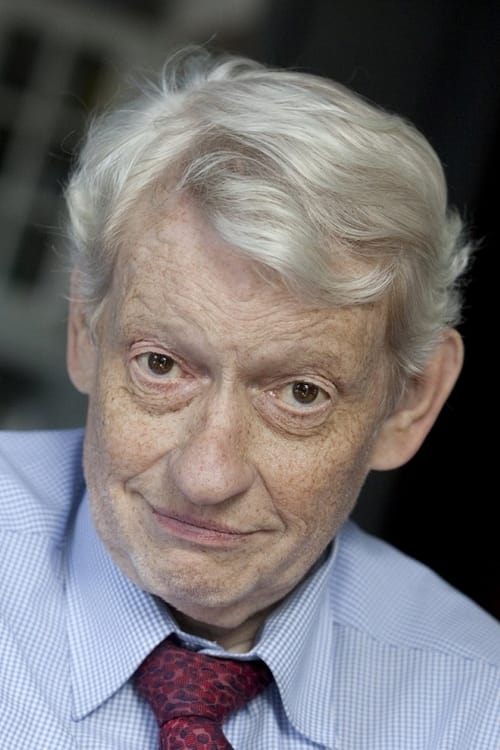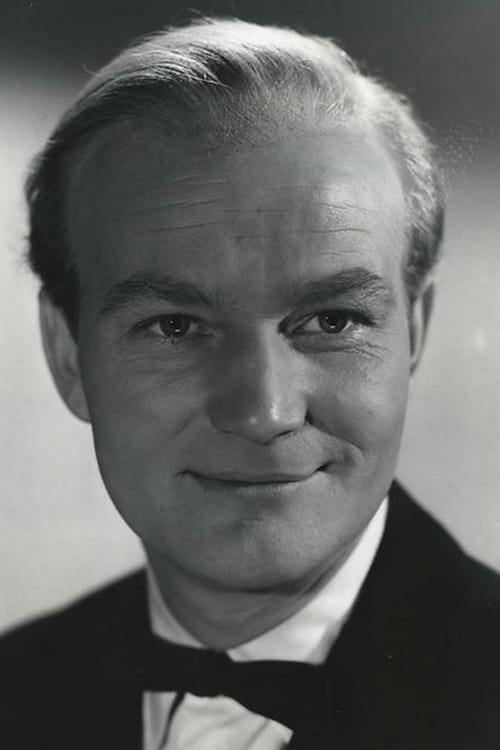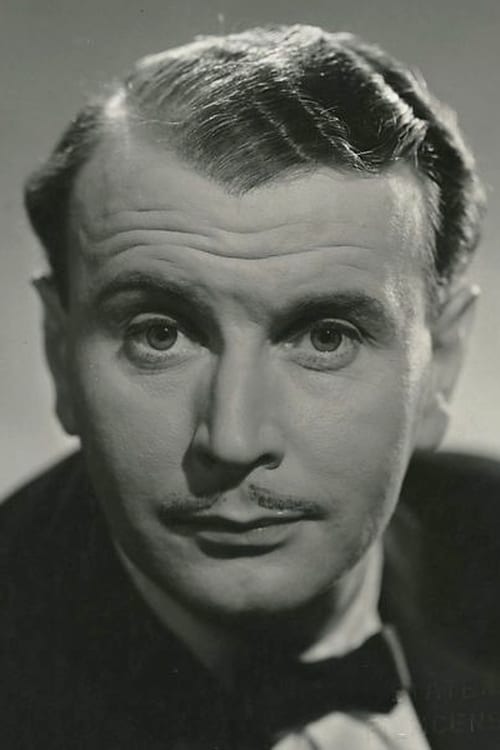The Ballad of Carl-Henning (1969)
장르 : 드라마
상영시간 : 1시간 25분
연출 : Lene Grønlykke, Sven Grønlykke
시놉시스
Carl-Henning (Jasper Klein) is a young man working as an apprentice on a dairy farm in the Danish marshland. When he isn't working, he tinkers on a disabled car and dreams of a young girl who is a local student. After a few too many beers one night, he steals some money from the till at work. He is caught by the foreman, who beats the young man. Carl-Henning defends himself and knocks the man down a flight of stairs. Convinced he has murdered the man, Carl runs away and joins up with a traveling carnival. Although the foreman has only a slight bump on the head and all is forgiven, Carl never receives word he is welcome to return and begins a series of adventures that take him far beyond the farm.
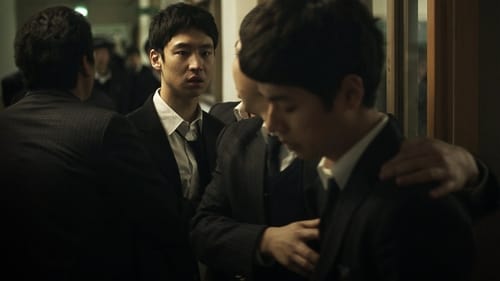
한 소년이 죽었다. 평소 아들에게 무심했던 소년의 아버지는 아들의 갑작스런 공백에 매우 혼란스러워하며 뒤늦은 죄책감과 무력함에, 아들 기태의 죽음을 뒤쫓기 시작한다. 아들의 책상 서랍 안, 소중하게 보관되어 있던 사진 속에는 동윤과 희준이 있다. 하지만 학교를 찾아가 겨우 알아낸 사실은 한 아이는 전학을 갔고 한 아이는 장례식장에 오지도 않았다는 것. 뭔가 이상하다. 그러던 중, 간신히 찾아낸 희준은 ‘기태와 제일 친했던 것은 동윤’이라고 말하며 자세한 대답을 회피한다. 결국 아버지의 부탁으로 동윤을 찾아나선 희준. 하지만, 학교를 자퇴하고 떠나버린 친구는 어디에도 없다. 천진하고 순수했던 그 시절, 미성숙한 소통의 오해가 불러 일으킨 비극적 파국. 독단적 우정이 가져온 폭력과 그 상처의 전염은 우리를 아프고 충격적인 결말로 이끌어간다. 서로가 전부였던 이 세 친구들 사이에서 과연 무슨 일이 벌어진 걸까?

아무것도 하지 않는 잉여의 삶을 지향하는 인기절정의 백수, 만화가가 되겠다는 꿈을 위해 쉴 틈 없이 준비하는 생활력 강한 재수생, 대기업 입사가 목표인 최강 스펙의 엄친아이지만 술만 마시면 돌변하는 새내기 대학생까지. 인생의 가장 부끄러운 순간을 함께 한 스무살 동갑내기 세 친구의 자체발광 코미디!
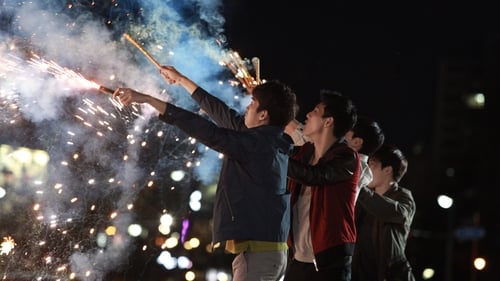
이제 막 스무 살이 된 친구 용비, 상우, 지공, 두만은 입대하는 상우의 배웅을 위해 오랜만에 뭉쳐 여행을 떠난다. 친구가 전부이고 제일인 용비, 대학 대신 군대를 택한 상우, 엄마에게 시달리는 재수생 지공, 낙하산 대학 야구부 두만은 각자의 일상에서 벗어나 자유를 만끽한다. 포항의 한 바닷가. 어른이 된 기분에 한껏 들떠 있던 것도 잠시, 우연히 위험에 처한 여자를 구하려다 시비에 휘말리게 되고 네 명은 순식간에 사건의 주범이 되어버린다. 무심한 경찰과 속 타는 부모들은 ‘진실’보다는 ‘사실’이 더 중요하다고, 그리고 ‘세상에는 친구보다 지킬 것이 더 많다’고 말한다. “센 척하지마! 너도 무섭잖아.” 가장 아름답게 빛나던 하루는 속수무책 구겨져만 가고, 넷이라면 두려울 게 없었던 이들의 마음도 점차 무력하게 흔들리기 시작하는데… 스무 살 인생에 어둠이 내린다. 짙은 밤이 지나고 나면, 우린 어떤 아침을 맞이하게 될까.

The Danish Ingen tid til Kaertegn (Be Dear to Me) is heavily reliant on the appeal of its star, 8-year-old Eva Cohn. Our heroine is the neglected child of a businessman father and actress mother. Feeling that happiness lies well outside her own backyard, Eva goes on a search for that happiness. The longer she stays away, the more her parents realize that they've unfairly ignored her. The plot is nothing new: it's what is done with it that pleases the eye and ear. Ingen tid til Kaertegn was one of the more popular entries in the 1957 Berlin Film Festival.

A young woman of good family is driven into one of thieves and prostitutes and ends in suicide.

Lad det være sagt med det samme. Musikken i "Alle gaar rundt og forelsker sig" er fantastisk. Den bliver faktisk bedre og bedre med årene. Men det er også en operettefilm, hvor Kai Normann Andersen har komponeret, og hvor Teddy Petersen dirigerer. Så kunne det næppe gøres bedre i 1941. Handlingen i filmen er rimelig. Den er i hvert fald bedre end tilsvarende film fra samme periode fra den anden side af "dammen". Det er musikken, der løfter filmen op i de høje skylag. "Toner fra himlen" og selvfølgelig "Alle gaar rundt og forelsker sig".


'Ang.: Lone' is a sort of social realist 'rebellious teen movie'. It tells the story of a troubled, emotionally confused, and defiant 16-year-old girl called Lone. Lone runs away from a girls' home in Jutland and travels to the home of her foster parents. Her visit quickly gives rise to a conflict so she travels onward to Copenhagen. In Copenhagen she enters into lower and middle class milieus and the hippiesque underground, but she runs away from each of these because she manages to start conflicts with most people by acting aggressively aggrieved. Lone finds a boyfriend and becomes pregnant during the couple of months she spends in Copenhagen before she is found and placed in a mothers' home which she eventually runs away from in order to have an illegal abortion.

In order to supplement the family income, Marius Bastrup rents his unused rooms to young women looking for a "discreet stay." The drama in the film revolves around the young women and their circumstances, especially as it relates to one girl's abortion.

A group of better-off thirty-somethings meet for a weekend in Knud and Beth's home. The host couple is prone to bickering regularly. The married couples (Jan and Ilse, and Kjeld and Tove) that are visiting understand and try to stay out of the way. Bachelor Lars, however, comes into his own and is a constant source of provocative comments.

Lau Lauritzen plays an ordinary architect, with a wife and a son. He gets accused for killing a 10-year old girl, and of course nobody doubts he's the one. Even his wife and his uncle has trouble believing him, but at least they don't tell him.

A good natured soldier with a killer right hand, falls in love with a beautiful girl who has a troubled past.

The late 1930s. A young enemployed, unskilled worker walks through the streets of Copenhagen, sustaining himself partly on the dole and free soup-kitchen meals and partly on day-dreams. He spends time at a cemetry studying headstone inscriptions. Mild-mannered and of poetic bent, he understands little of an intellectual friend's advice and shies away from the love of a woman who shares her bed with him.

Directed by Knud Leif Thomsen

A dancer and a Danish student meet on a train; she is going on tour to Rio, and he decides to follow her. Based on the novel by Jens August Schade.

Café Paradis is an award-winning Danish film made in 1950, directed by Bodil Ipsen and Lau Lauritzen Jr., and written by Johannes Allen. The film received the Bodil Award for Film of the Year, and Ib Schønberg, for what is regarded his finest performance, received the Bodil Award for Best Supporting Actor.

Ole Ernst stars as an energetic conman lured into trying to set a factory on fire to catch in on the insurance. The plan backfires and both the factory owner, his wife and the conman hunted by the police must flee to Sweden.

Directed by Danish filmmakers Bjarne and Astrid Henning-Jensen, THOSE BLASTED KIDS tells a story of a group of back-alley urchins that is considered Denmark’s first true children’s film.

